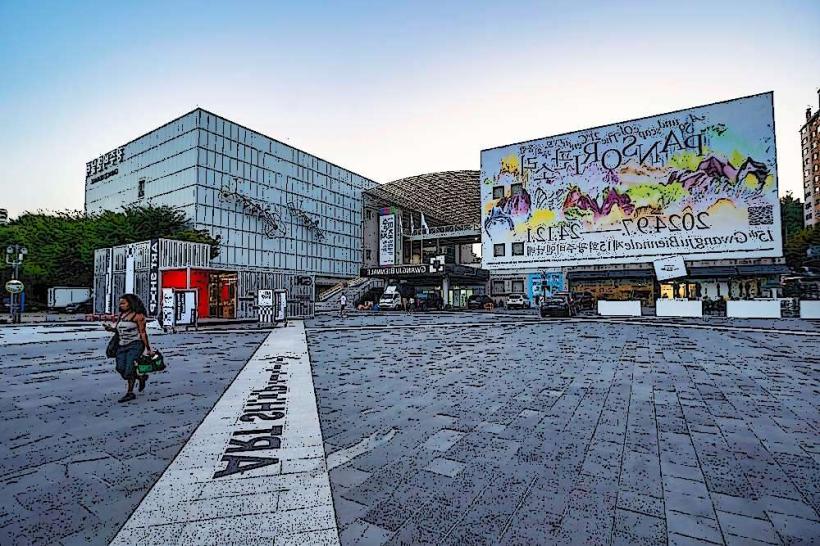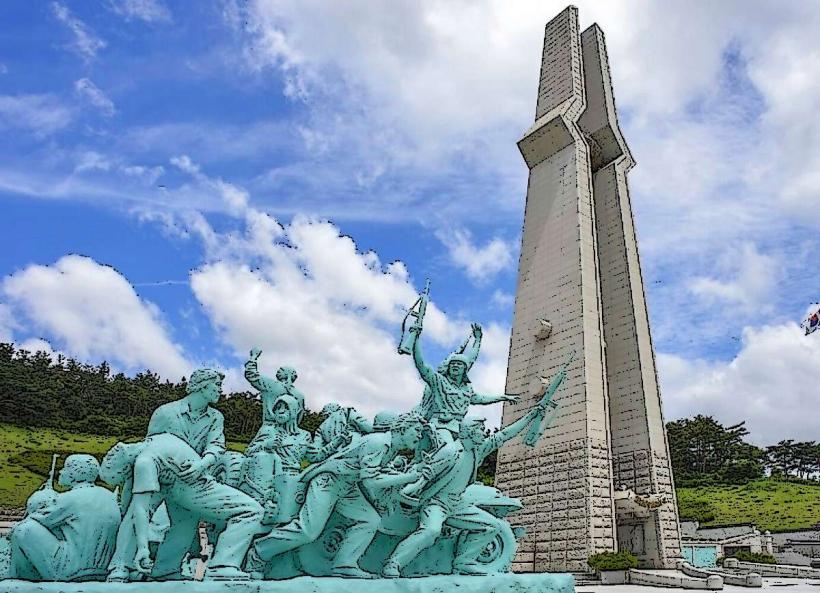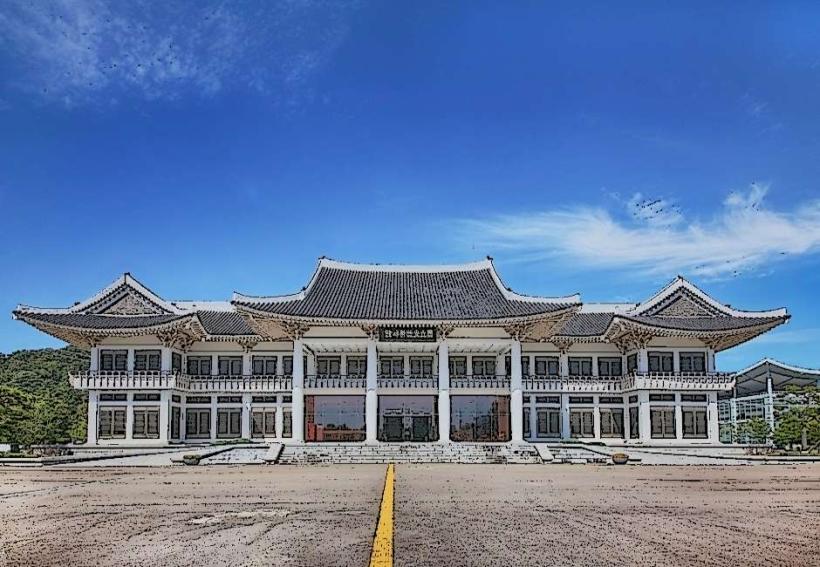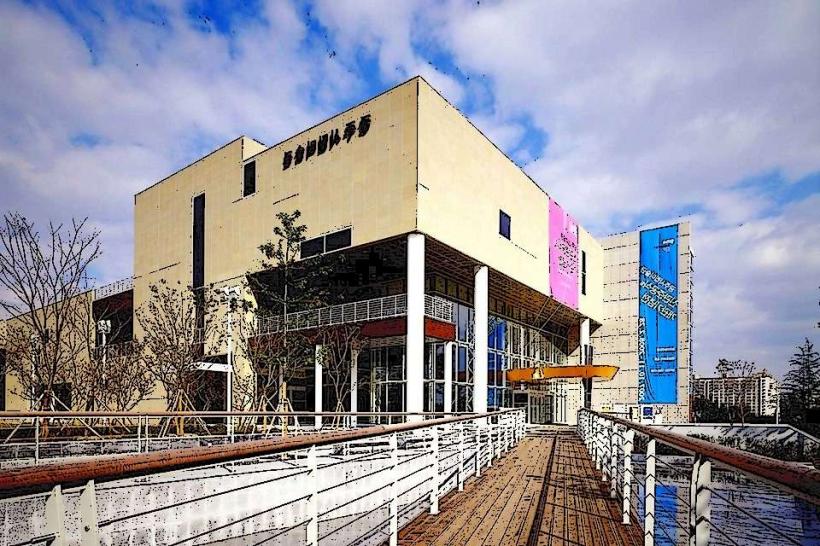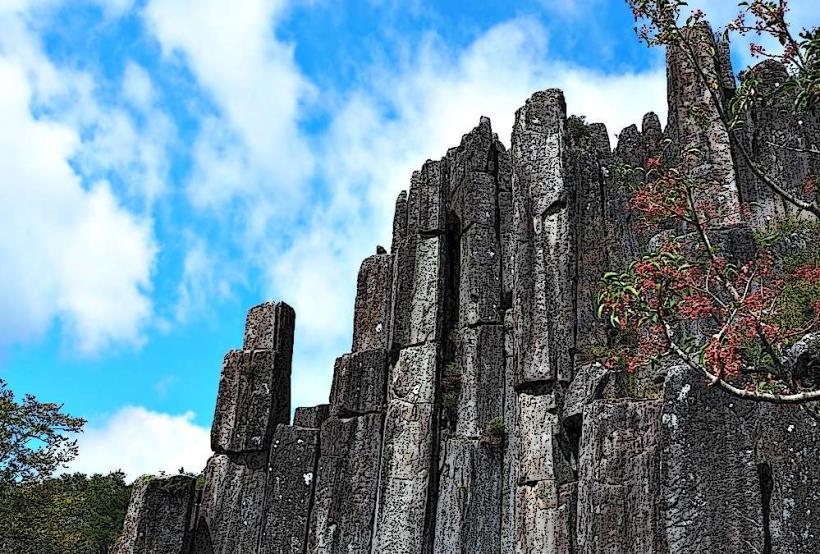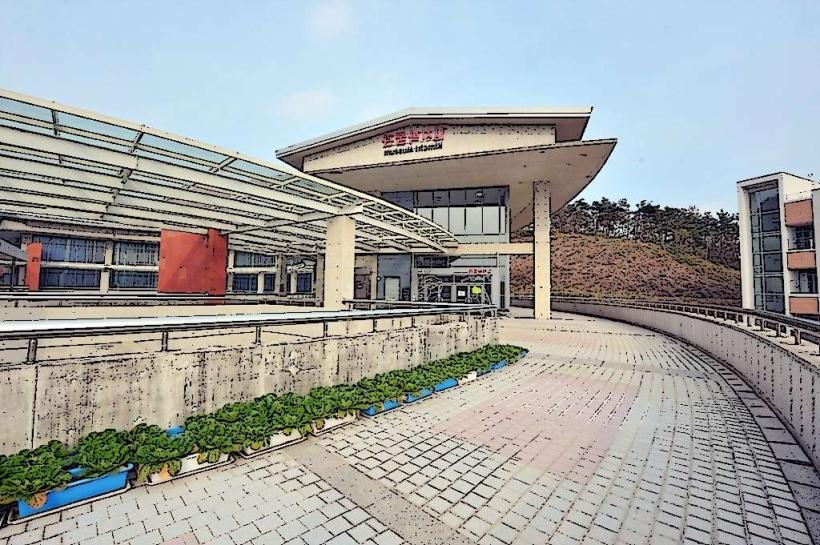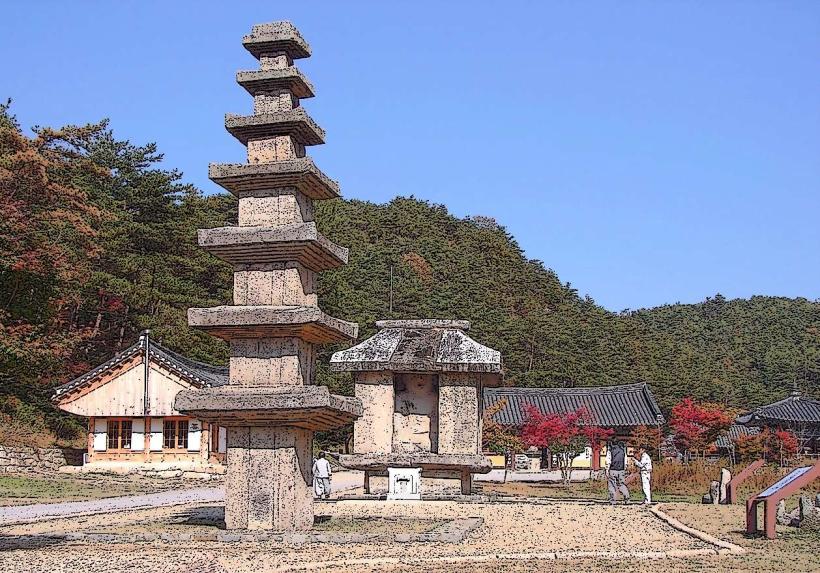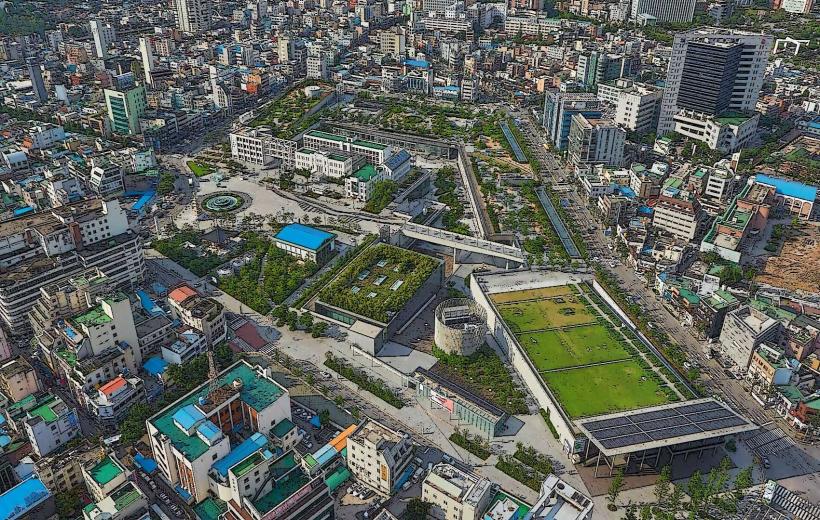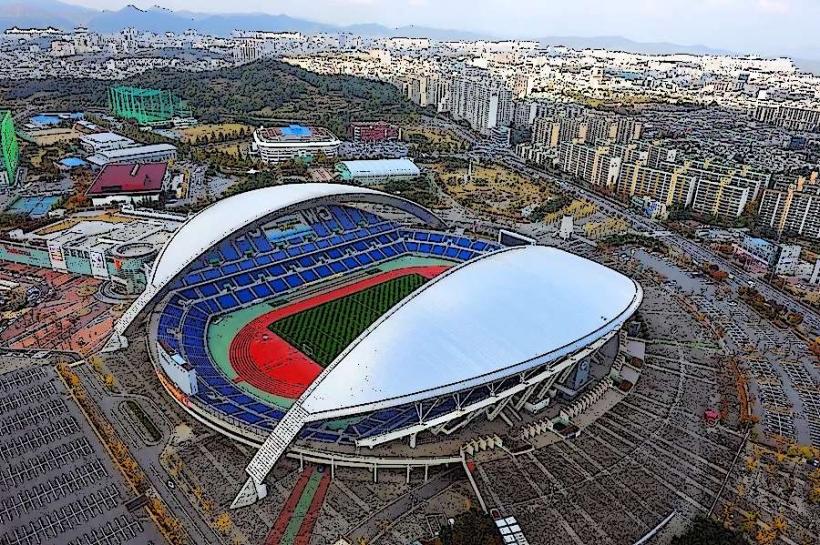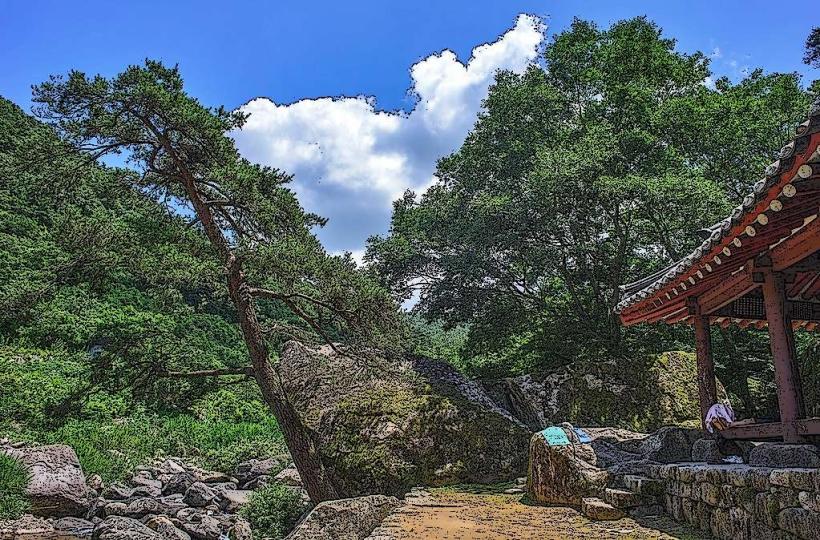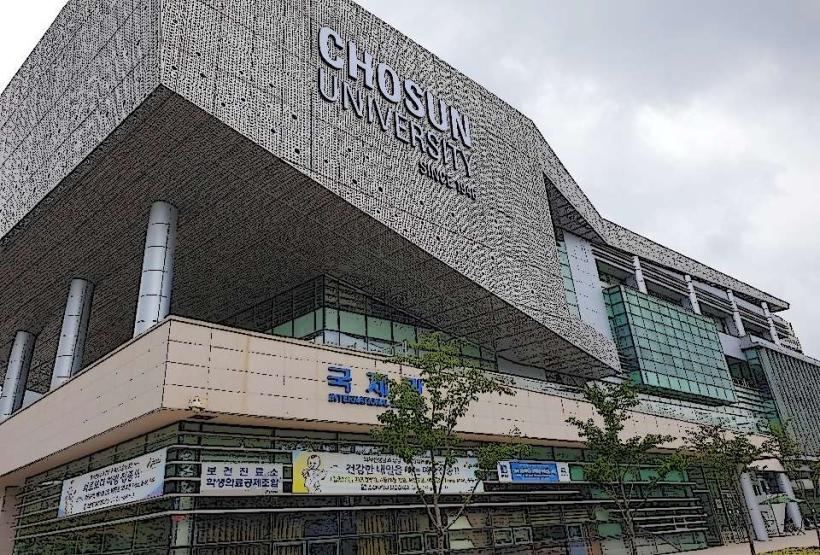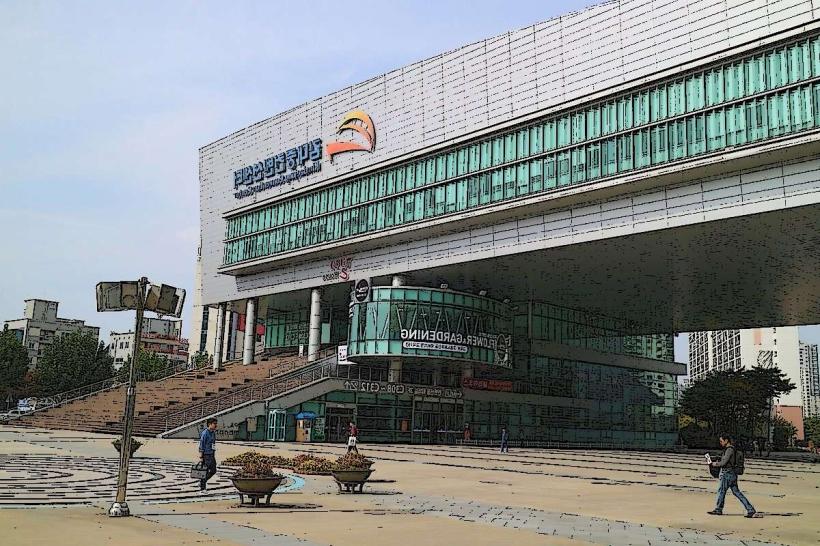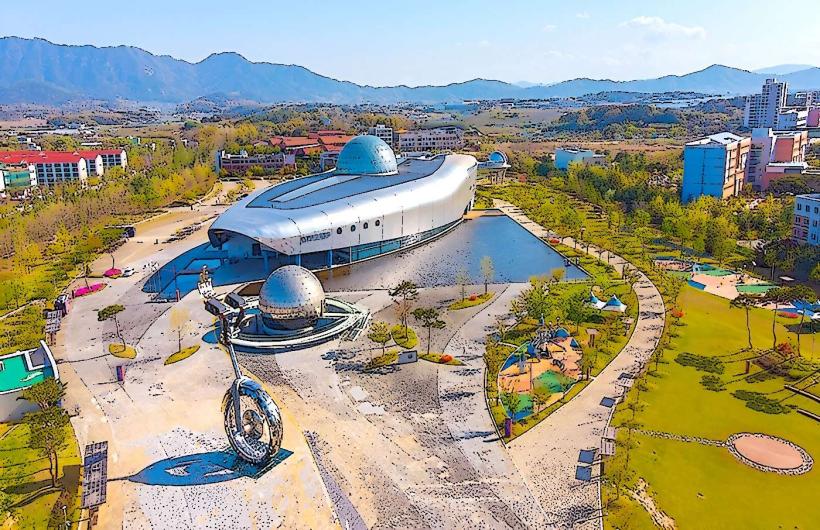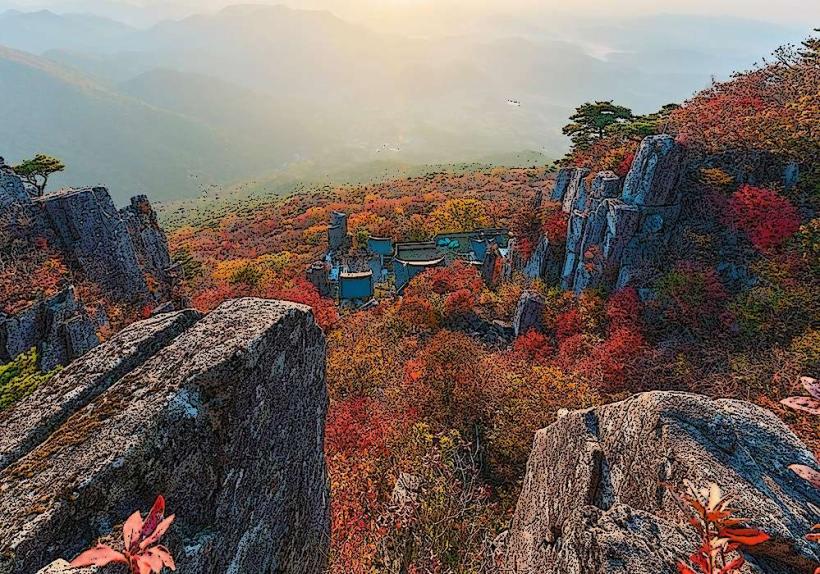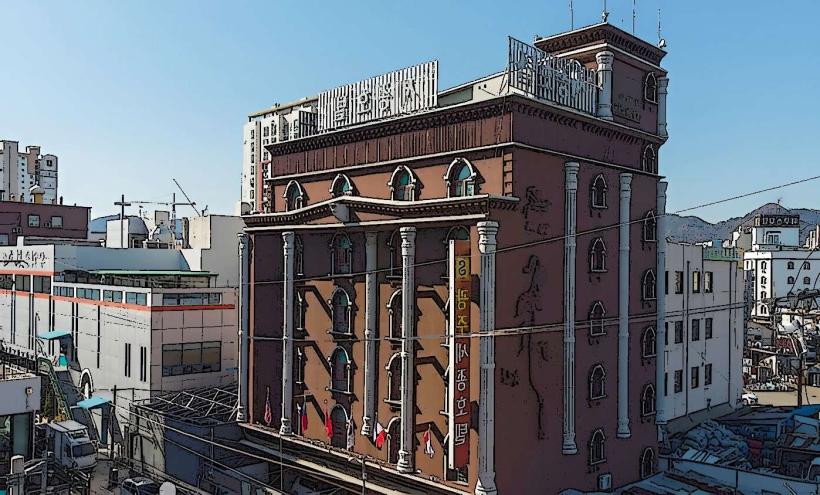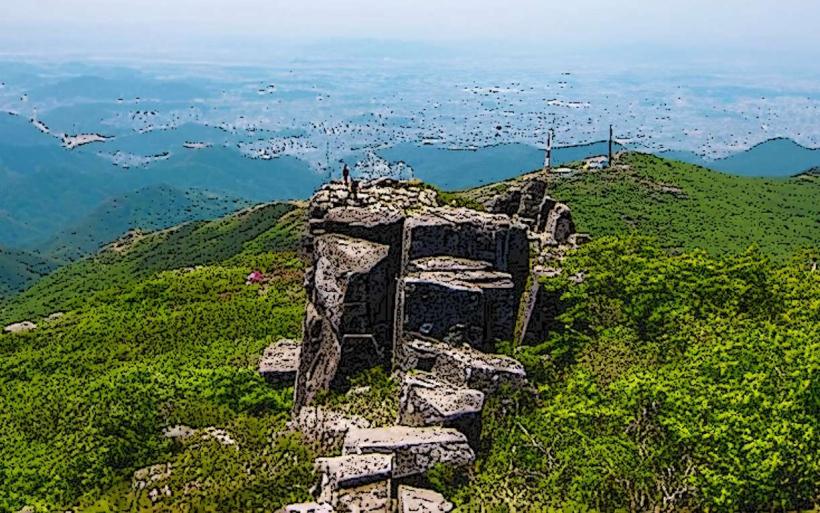Information
Landmark: Gwangju Folk MuseumCity: Gwangju
Country: South Korea
Continent: Asia
Gwangju Folk Museum, Gwangju, South Korea, Asia
The Gwangju Folk Museum is a cultural institution located in Gwangju, South Korea, dedicated to preserving and exhibiting the traditional folk culture of the region.
Visual Characteristics
The museum complex comprises several traditional Korean hanok-style buildings constructed primarily from wood and stone. The roofs are covered with dark grey tiles. The main exhibition halls are single-story structures with exposed wooden beams and white plaster walls. The grounds are landscaped with native Korean trees and plants.
Location & Access Logistics
The Gwangju Folk Museum is situated within the Gwangju National Cemetery complex, approximately 8 kilometers west of Gwangju city center. Access is via National Road 1, turning onto Cemetery Road. Ample free parking is available on-site. Public transport options include Gwangju City Bus lines 16, 115, and 116, which stop directly at the cemetery entrance. From the entrance, it is a 500-meter walk to the museum.
Historical & Ecological Origin
The museum was established in 1978 to collect, preserve, and display artifacts related to the folk life and traditions of Gwangju and Jeollanam-do province. The buildings themselves are designed in the traditional architectural style prevalent in the region during the Joseon Dynasty.
Key Highlights & Activities
Exhibits include traditional farming tools, household items, clothing, religious artifacts, and displays on local festivals and shamanistic practices. Visitors can observe reconstructed traditional homes and workshops. The museum offers occasional demonstrations of traditional crafts and performances.
Infrastructure & Amenities
Restrooms are available within the main exhibition building. Limited shaded areas are provided by trees on the grounds. Cell phone signal (4G/5G) is generally good. No food vendors are located within the museum complex; visitors typically bring their own provisions or dine in Gwangju city.
Best Time to Visit
The best time of day for photography is mid-morning or late afternoon when the sunlight is less direct. The most pleasant months for visiting are April, May, September, and October, offering mild temperatures. No specific tide requirements apply.
Facts & Legends
A notable artifact housed in the museum is a collection of traditional masks used in the Bukcheong Lion Dance, a UNESCO Intangible Cultural Heritage of Humanity. Local folklore suggests that viewing these masks can ward off evil spirits.
Nearby Landmarks
- Gwangju National Cemetery (0.1km North)
- Gwangju Museum of Art (1.5km Northeast)
- Gwangju World Cup Stadium (3.2km East)
- Sangmu Citizens Park (3.5km East)

